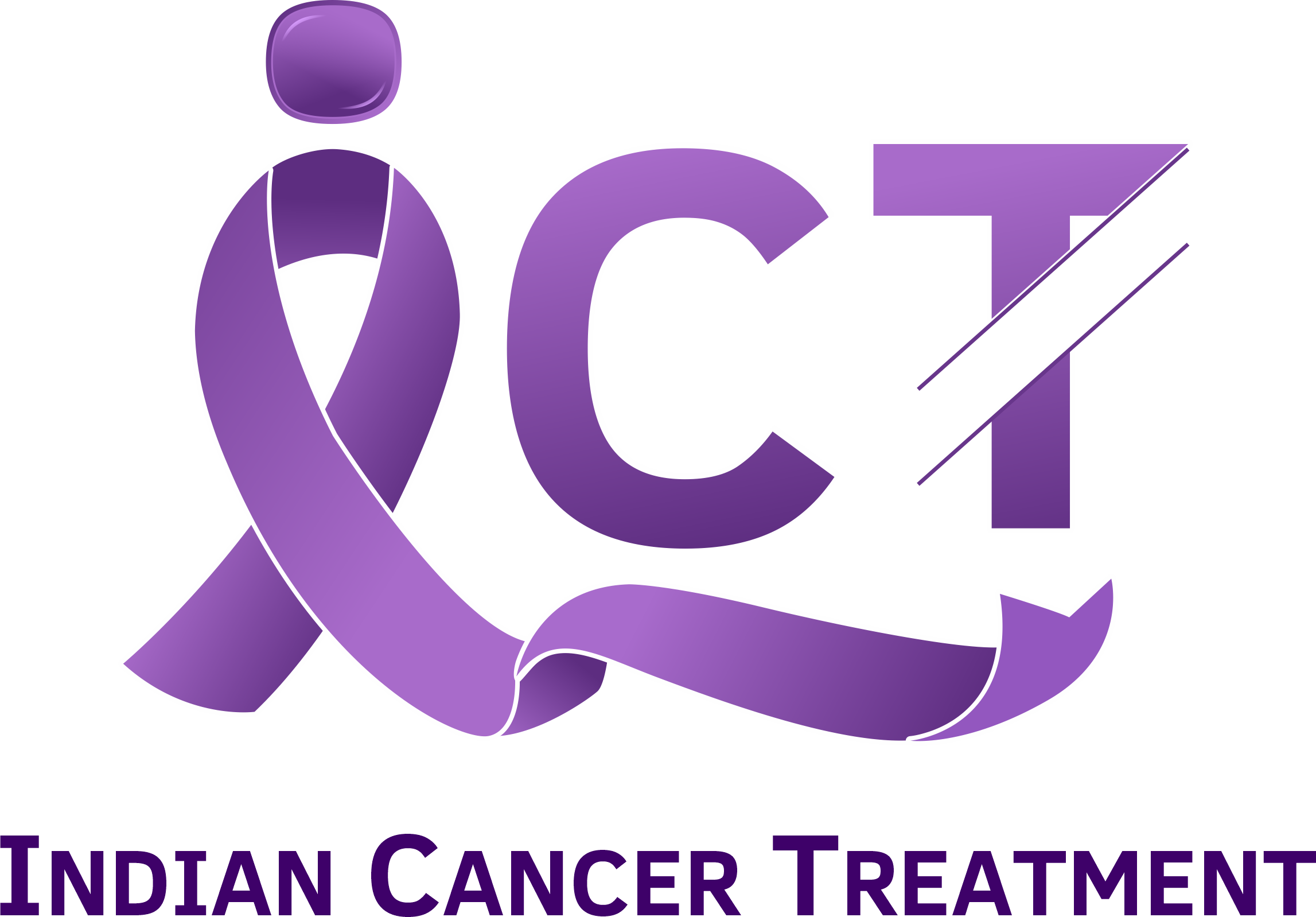About Cancer Treatment
Good Outcome of Cancer Treatment depends on :
Early Diagnosis
Cancer can be diagnosed early if a patient is cautious enough about his / her health. Any abnormal changes in body in form of colour, structure, texture might be a sign of cancer. Few type of cancer like breast cancer , cervix cancer & colon cancer can be diagnosed much early and if proper treatment starts immediately, a patient can live almost a normal life and even become cancer free.
More the stage gets in advance stage, more difficult it becomes to get back normal quality of life as well as life span.
Nowadays in advance Precision Oncology concept, cancer cells can be identified by its circulating tumour cells ( CTC ) in blood and immediate appropriate treatment can save lives. So, even it can be used as a screening tool for those who specially have family history of cancer.

DAY-1 Treatment
Generally as per India & Bangladesh scenario, patients are afraid to face cancer and hence even after suffering from chronic symptoms they avoid visit to oncologist till the time it finally gets identified through different diagnostic tools like CT Scan, Ultra, colonoscopy, ERCP, endoscopy etc and finally FNAC or biopsy.
Cancer cells multiply fast and never sits idle. So, when a patient finally is diagnosed with cancer ,quiet some time has already passed ,and finally when they visit a proper oncologist it has already crossed the initial stage. So, after wasting that much time , more delay to start the appropriate treatment causes further worsening of the case which leads to poor disease management and poor treatment outcome.
So, once someone finally diagnosed with cancer then further treatment should be started from DAY 1.
Timely Follow-Up
Once someone is diagnosed with cancer there are fair chances of it recurring even after standard treatment, therefore timely follow ups are extremely necessary. This I called ‘recurrence’.
Timely follow up is needed to monitor recurrence sign closely and accordingly adjusting the existing treatment line. A timely follow up will help the patient to avoid or delay recurrence. In some cases proper follow up also helps patients to become cancer free.
Why do you need specialised guide for CANCER TREATMENT ?
Where common people commit mistakes?
Common people are afraid by the name of CANCER. Hence whenever their near & dear ones get diagnosed with cancer, they get mentally weak and confused on how to proceed. They keep on discussing their problem or treatment requirement with their close friends or neighbours and most of them being a non-medical person guide them for some old or well-known hospitals. Unfortunately, those well-known names are being carried forward since decades hence these hospitals get overcrowded and there is obvious delay in the treatment of advanced staged patients and there lies the chance of the disease progression which further advances the stage along with higher cost of treatment and compromise quality of life for patients.
Modern CANCER Treatment Scenario
Conventional cancer treatment includes Chemotherapy , Radiation Therapy & Surgery. Now those days are gone when cancer or onco surgery used to be done by surgical oncologists. Nowadays there are further sub specialisations.
An oncologist is a doctor who specializes in prevention, diagnosis and treatment of cancer
The three main division includes Medical oncologist: Doctor who treats cancer with chemotherapy, targeted therapy, immunotherapy and hormonal therapy. Surgical oncologist: Doctor who treats cancer with surgery. Radiation oncologist: Doctor who treats cancer with radiation.

Sub-Specialities in Oncology:
Neuro-oncologist: Doctor who treats cancers of the brain.
Ocular oncologist: Doctor who treats cancers of the eye.
Head & Neck oncologist: Doctor who treats cancers of oral cavity, nasal cavity, oropharynx, hypopharynx and larynx.
Thoracic oncologist: Doctor who treats cancers of lung, mediastinum, oesophagus and pleura.
Breast oncologist: Doctor who treats cancers of breast.
Gastrointestinal oncologist: Doctor who treats cancers of stomach, colon, rectum, anal canal, liver, gallbladder, pancreas. Bone &
Musculoskeletal oncology: focuses on cancers of bones and soft tissue.
Genitourinary oncologist: Doctor who treats cancers of genital and urinary system.
Gynaecologic oncologist: Doctor who treats cancer cancers of the female reproductive system.
Paediatric oncologist: Doctor who treats cancers in children.
Haemato-oncologist: Doctor who treats cancers of blood and stem cell transplantation
Geriatric oncologist: Doctor who treats cancers in elderly population.
Pain & Palliative oncologist: Doctor who treats cancers of end stage to alleviate the suffering.
Onco-pathologist: Doctor who diagnoses cancer by various tests including histopathology, immunohistochemistry, flowcytometry etc.
Nuclear medicine oncologist: Doctor involved in diagnosis and treatment of cancer with radiopharmaceuticals.
Now finer treatment of cancer is also available with the name of “Precision Oncology “which deals with genetic mutation of cancer cells and treatments are mostly Chemotherapy, Targeted Therapy, Hormonal Therapy and Immune Therapy.
In India not all hospitals are practicing this precision oncology but this is the futuristic treatment for cancer where treatment focuses on genetic level modification.

